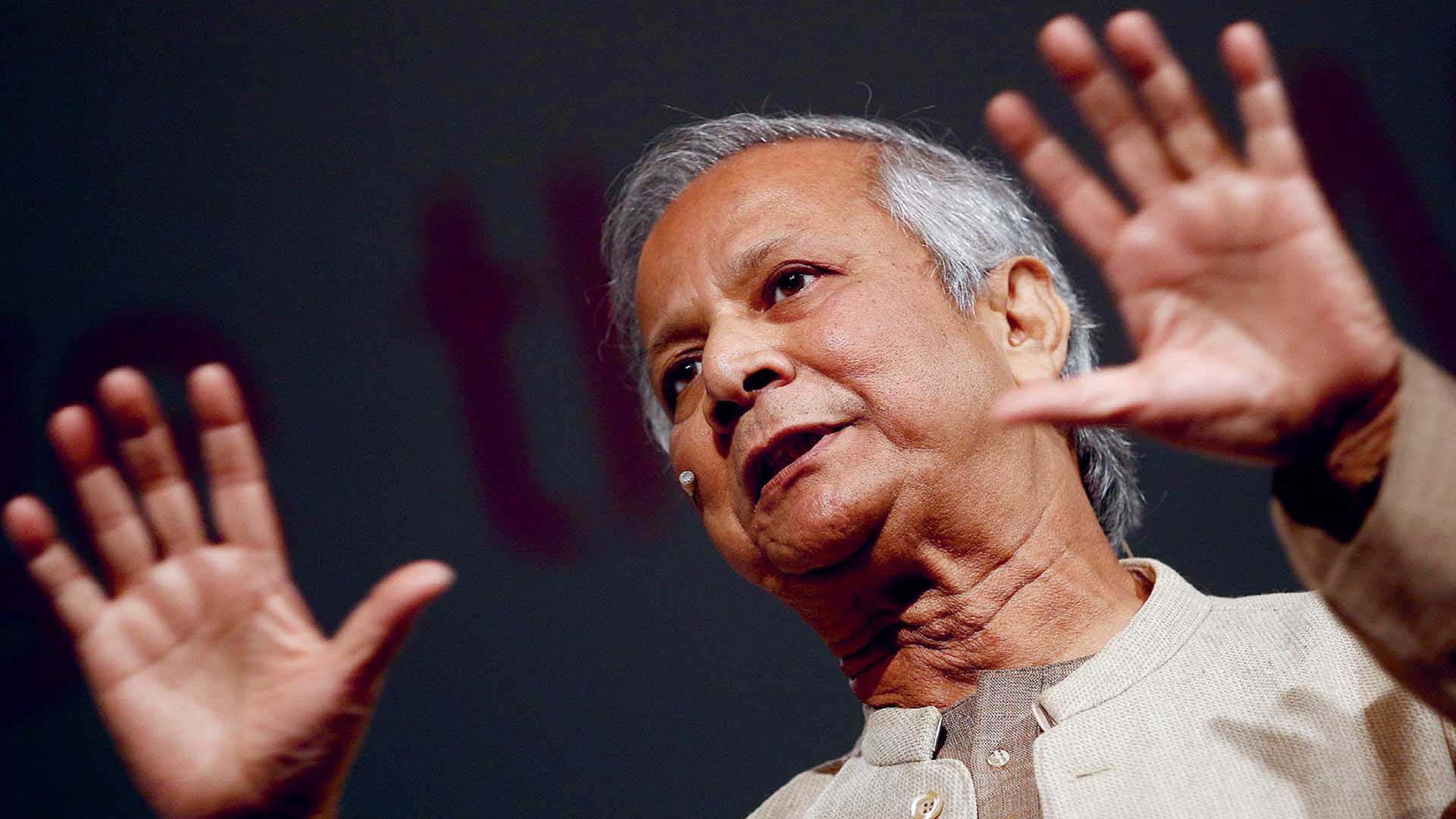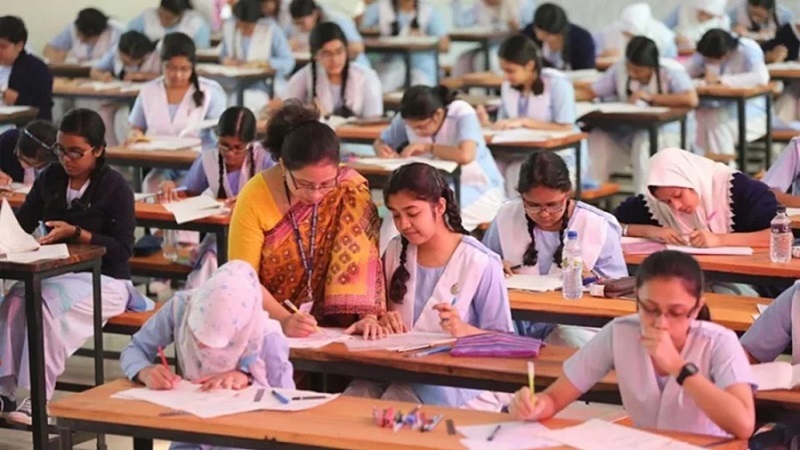Bangladesh is rapidly establishing itself as a key player in mobile phone production, with industry leaders projecting substantial growth in both manufacturing and export potential. With the government’s supportive policies, growing local demand, and robust labor force, the country is attracting international tech giants and stimulating local companies to expand operations.
Government Initiatives Fueling Growth
Bangladesh's government has prioritized mobile phone manufacturing with providing tax incentives, infrastructure support, and favorable import duties on raw materials for local assembly. The result has been a steady increase in the number of local and international companies setting up mobile phone manufacturing plants in Bangladesh.
Industry insiders attribute much of this growth to the government’s aggressive tax rebate policies, which aim to reduce dependency on imports. By incentivizing local production, Bangladesh is creating job opportunities and developing a skilled workforce that could lead to further growth in the high-tech manufacturing sector.
Local Brands Competing with International Giants The government’s policy has led to the rise of several homegrown brands that are manufacturing and even exporting smartphones. Companies like Walton, Symphony, and Tecno have invested in advanced production facilities, meeting local demand while exploring export opportunities. Walton, a Bangladeshi electronics giant, has recently announced plans to expand exports to Southeast Asia, the Middle East, and parts of Africa. This move signals the start of an export-oriented mobile manufacturing sector that could bring in valuable foreign revenue.
International tech giants are also eyeing Bangladesh as a production base. Global players such as Samsung and Xiaomi have already established assembly units, driven by lower production costs and attractive incentives, and are looking at potential export channels. These companies are targeting both the local market, which has a growing demand for budget-friendly smartphones, and export markets that can be supplied cost-effectively from Bangladesh.
Skilled Workforce and Technological Advancements
With local companies investing in training and technology transfer, Bangladesh is seeing a rise in skilled technicians and engineers capable of supporting high-quality smartphone manufacturing. Vocational programs and university partnerships are enhancing the skills of Bangladeshi youth, creating a pool of trained professionals ready to support the growing industry.
"Bangladesh has both the talent and the ambition to become a key player in mobile phone manufacturing. As we invest more in research and development, our workforce is adapting to new technologies and delivering world-class products," said Masud Kabir, CEO of Symphony Mobile.
Export Potential and Global Recognition
Bangladesh’s mobile phone industry is poised to benefit from growing global demand for affordable smartphones, especially in developing regions where cost-effective devices are highly sought after. Analysts estimate that, with proper infrastructure and logistical support, Bangladesh could capture a significant share of the budget smartphone market in Asia and Africa.
Moreover, the government's focus on improving trade logistics, such as ports and transportation networks, is expected to make exports more competitive in terms of both time and cost. Industry experts highlight that Bangladesh's proximity to markets in Southeast Asia makes it a favorable hub for regional exports.
Challenges and Looking Ahead While Bangladesh has made significant strides, challenges remain. Ensuring a consistent supply of high-quality components, addressing infrastructure gaps, and managing costs in a competitive global market will be crucial. Additionally, the industry must address the need for improved intellectual property protections and increased investments in R&D to develop proprietary technologies that give Bangladeshi brands a competitive edge.
As Bangladesh accelerates its journey towards becoming a mobile phone manufacturing and export hub, the future looks promising. With government support, a skilled workforce, and an expanding market, Bangladesh is on track to solidify its position as a key player in the global tech landscape. If current trends continue, the country could see billions in export revenues, creating a positive economic impact and elevating Bangladesh’s status in the global technology industry.














